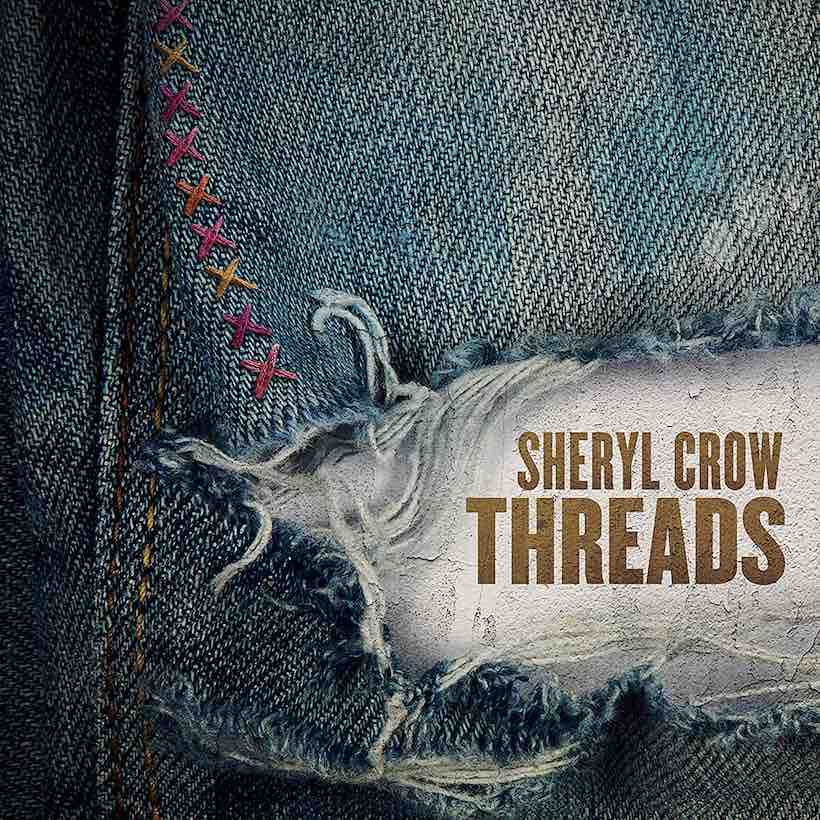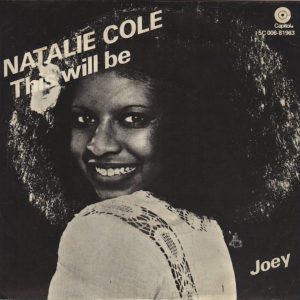The numerous advance preview tracks from Sheryl Crow’s Threads album delivered the early word that something special was in the works by the revered rock and roots troubadour. But Big Machine’s August 30, 2019 release of the album in its full, 17-track finery served confirmation of a fresh landmark in a stellar catalog.
If, as she has suggested, Threads does indeed turn out to be Crow’s final full-length work — and anyone who enjoys it will surely pray that it isn’t — then it’s a remarkable closing statement. Thankfully, she has been remarkably busy and visible with a series of projects since. She chose to make the record in the company of what is surely one of the most formidable guest lists ever assembled for an album project.
But beyond some brilliant cameo appearances and inspired collaborations, what made Threads so memorable is that it rebooted our awareness of what established Crow as a unique voice in the first place. She sings with all of the incisiveness of her 1990s glory and is in her best writing form for decades, with credits on 13 tracks. Three of them are solo, and two others with longtime confidant Jeff Trott, with whom she produced the set.
Crow’s “Redemption Day” (which debuted on her self-titled album of 1996 before it found Johnny Cash, whose vocal now couples with hers to chilling effect) was surely CMA Award material. But then it had a rival there in “Tell Me When It’s Over,” co-written with the all-conquering Chris Stapleton, who echoes Sheryl’s chorus lines. It’s one of many fine nods to the robust but pliable rock style that singled her out, from 1993’s Tuesday Night Music Club onwards.
A phalanx of female kindred spirits illuminate the opening double feature of “Prove You Wrong,” with Stevie Nicks and Maren Morris, and “Live Wire,” with Bonnie Raitt and Mavis Staples, all expertly appointed as if by a world-class casting director. There’s a convincing marriage of hip-hop and rock on “Story Of Everything,” with Chuck D the surprise ingredient among R&B notable Andra Day and blues-rock guitar force Gary Clark Jr.
Later, Crow offers the stunning, self-written ballad “Don’t,” which sounds like one of the best songs that Burt Bacharach never wrote. She teams with another running mate, Keith Richards, and chooses exactly the right tune to reinhabit: “The Worst,” his underrated, soul-baring contribution to the Stones’ Voodoo Lounge, is carefully refitted for two.
Other unique name-that-voice moments include memorable later-career events for Kris Kristofferson (readdressing “Border Lord,” the title song of his 1972 album), Emmylou Harris, and Willie Nelson. Eric Clapton revisits his performance on George Harrison’s “Beware Of Darkness” in the company of Sting and Brandi Carlile.
James Taylor illustrates another uplifting new number, co-written with Stapleton, called “Flying Blind.” Here and often, Crow sings of life’s occasional ups and many downs with an acuity born of experience that still sounds like wisdom beyond her years.
Listen to the best of Sheryl Crow on Apple Music and Spotify.
Vince Gill helps take it all home with a final, moving reflection, Sheryl’s own “For The Sake Of Love,” piano-based but incorporating a beautiful string arrangement. And we haven’t even had room to mention the vital input of Jason Isbell, Lucius, Lukas Nelson, or Joe Walsh. The vinyl edition has Margo Price’s vocal replacing the younger Nelson’s on “Cross Creek Road.”
Variety said of Crow that the album contains “some of the best writing she’s done,” and The Independent called it “a culmination of virtually every sound [she] has explored through her career.” These Threads are, literally, the very fibres of her musical essence.
Buy or stream Threads.




